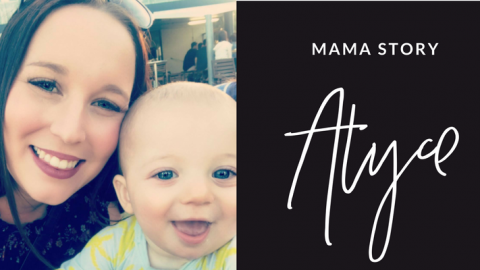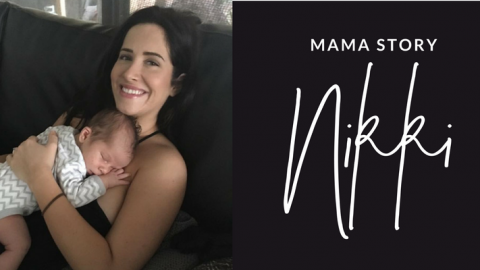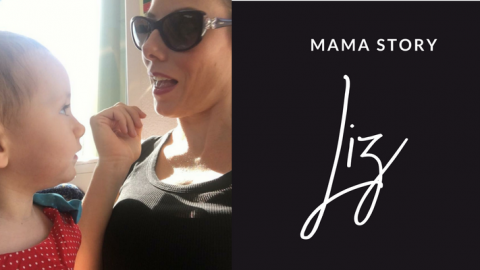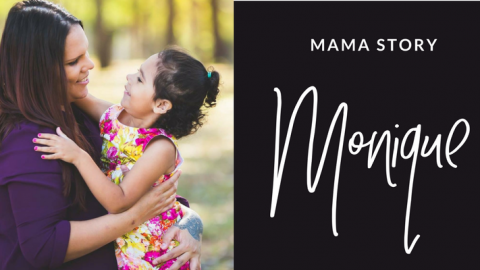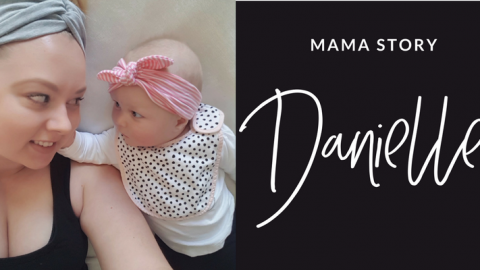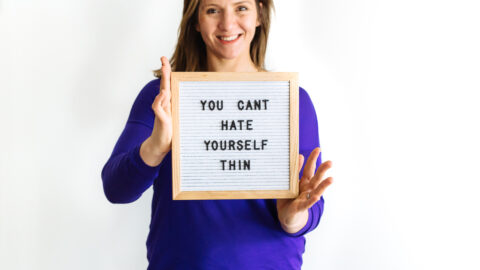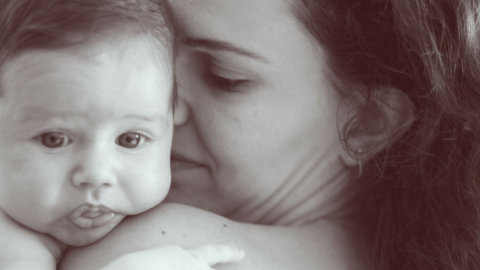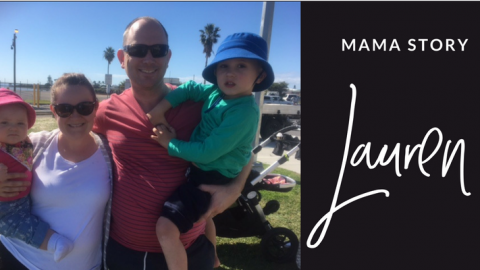I first read this article on parenting with depression when my son was two.
It outlined the results of a study of 1500 women, conducted by the Murdoch Children’s Research Institute. It found that depression is more common in first-time mothers four years after birth than at any other time during the child’s first year.
Still deep in recovery from postnatal psychosis and depression, for which I had been hospitalised on two occasions, four felt, in the words of the poet Sylvia Plath, “far away as health.”
When my son turned three, gradually, so very gradually, I found myself re-engaged in life. I began adjusting to the strange sensation of wanting to live after months and months of wanting to die.
Then, just after my son’s fourth birthday, I experienced a small relapse. I knew all too well that recovery is not linear, how maddening this could be. And yet, being so ill again was a shock. Perhaps it shouldn’t have been… The study also found that mothers who experienced depression in early pregnancy or in the first year after birth were more likely to have symptoms of depression when their child was four.
The heaviness and lethargy came back. I felt suspended somewhere between consciousness and unconsciousness.
I couldn’t read or write. I was overcome with the familiar desire to hide away, to isolate myself. I wanted to conserve energy from all nonessential aspects of my life. I was back in survival mode. While the symptoms were similar, the experience of parenting with depression with a newborn compared to a four-year-old were very different.
Old coping mechanisms, (both healthy and unhealthy) that I’d previously adopted and found comfort in, no longer worked.
When my son was a baby, I’d lie on the floor beside him as he played with his toes. Under his jungle gym, my cheek pressed to his warm head, he’d kick at the mobiles and laugh. I’d feel the hot tears rush out of the corner of my eyes, crying silently so he couldn’t hear me. I’d bundle him up, put him in the pram and walk for hours around the quiet back streets of my suburb.
Behind dark glasses I’d breathe through the anxiety. I would pointi out cats and dogs and aeroplanes. Outward facing, his world was full of colour, afternoon sunshine and smiles from strangers – all the things I couldn’t always give him myself. I’d take him to my doctor’s appointments then, too. He’d crawl around at our feet, leave trails of biscuit crumbs and Spot the Dog books.
I’d sit and talk about the black ache, smiling on autopilot if my son caught my eye. I’d rifle around in my bag for food and matchbox cars while we discussed medication and sleep and suicidal ideation. I felt I could protect him, to some degree, from the full extent of my sadness.
“You interact so beautifully with him,” one of the nurses in the mum and baby psychiatric unit said to me during my admission. She had filmed me playing with my son as a way to assess our bonding and attachment, yet another piece in the diagnostic and treatment puzzle.
“Yes,” I said. “But it’s taking everything I’ve got. And I’ve got nothing left.”
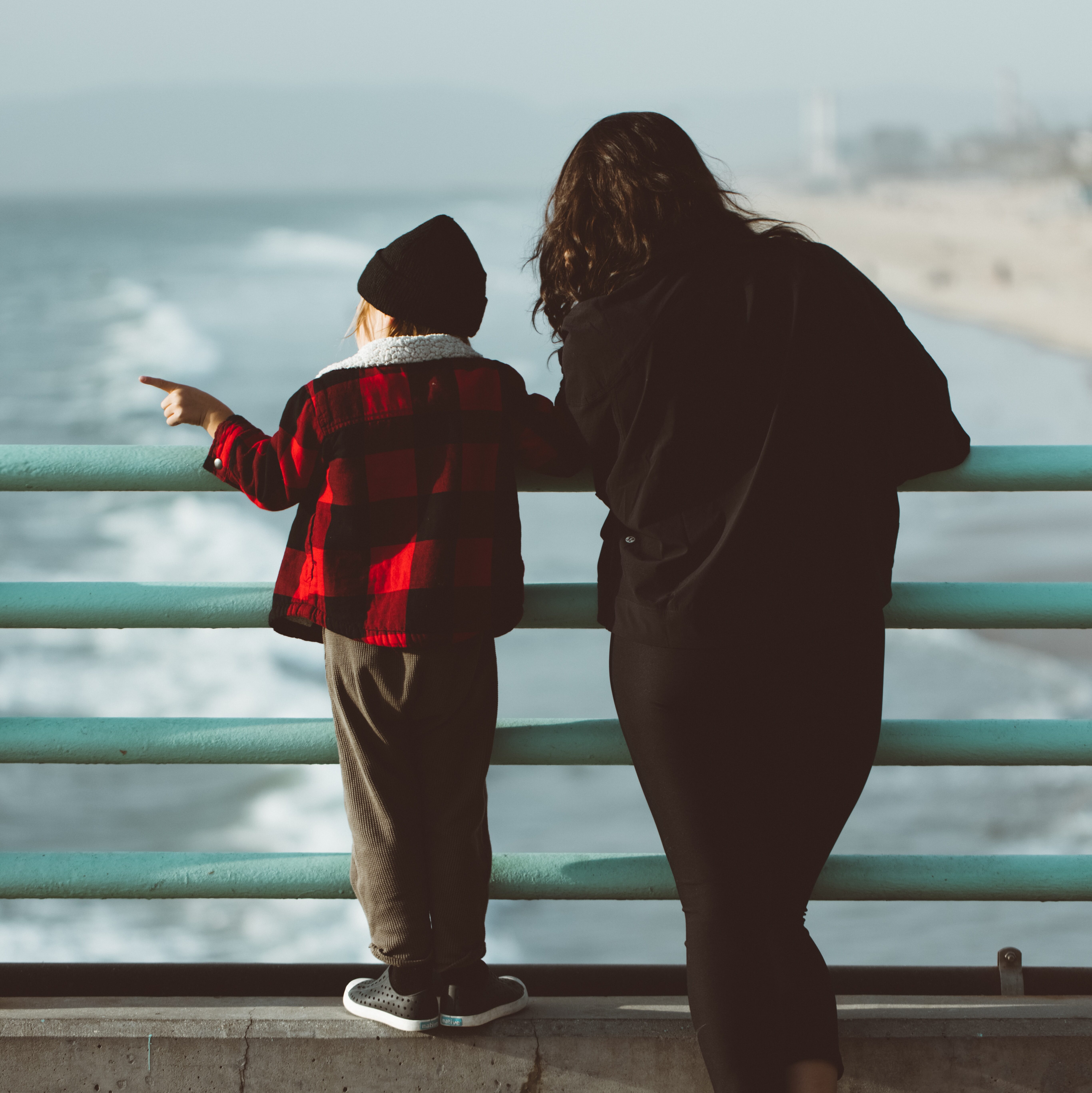
Depression is more common in first-time mothers four years after birth than at any other time during the child’s first year.
Being unwell was different this time around.
Four-year-olds demand attention. They need information, discipline, boundaries, consistency. They talk and talk and talk. There would be days when my son’s constant chatter would reverberate around my skull. The need to negotiate absolutely everything would grate away at my already much-depleted resources, leaving me barely able to function.
Unlike the “lazy” baby days, if I tried to rest on the lounge while my son played, he’d grab my hand, pull me upright. Long pram walks were replaced by trips to the park, requests for food and water and a turn on the swing. And small talk with other parents, when all I craved was silence.
Getting help was harder, too.
When my son was too sick to go to daycare and I was too sick not to see my psychiatrist, I took him along to the appointment with me. He planked across the arm of her big black chair and ran around her office, making it feel much smaller than it was. He gobbled down the chocolates she fed him from her bottom drawer and drove his cars loudly up and down the freshly painted walls.
“Guess he made a miraculous recovery,” I sighed. “Funny how they do that,” my doctor said.
I missed the crawling baby at my feet that day. It was harder to protect him from my sadness too. I was more conscious of my tears and of the flatness that crept into my voice. Of the deadness to my eyes that only people who know me best, who know my heart and mind, are able to see. For he’s one of those people now.
But the biggest difference was our relationship and how much this helped me get well.
Whereas our bond was still growing when he was a newborn and through those early months of my illness, my love for my son during this recent episode was fierce. Although the act of parenting left me exhausted (more so than usual!) my little boy also punctuated our days with magic and light. The feel of a tiny hand in mine. Hearing the words “I love you mummy.” This was what kept me anchored while I rode through the worst of the depression. And got me swiftly moving again when I started to feel better.
It’s Mental Health Week in May, and world Mental Health day on October 10. We know that depression can happen antenatally and in the months after birth. But, as the research has demonstrated, it can happen much later, too.
In fact, unlike my own experience, the study also revealed that 40 per cent of women who were depressed when their child was four had not previously reported symptoms. If you’re not feeling like yourself, please seek help.
Make an appointment with your GP or call the PANDA helpline. Parenting through depression at any stage is hard. But suffering in silence is so much harder.
By Ariane Beeston.
For support or information on parenting with depression contact the Perinatal Anxiety & Depression Australia’s helpline on 1300 726 306. or visit cope.org.au

